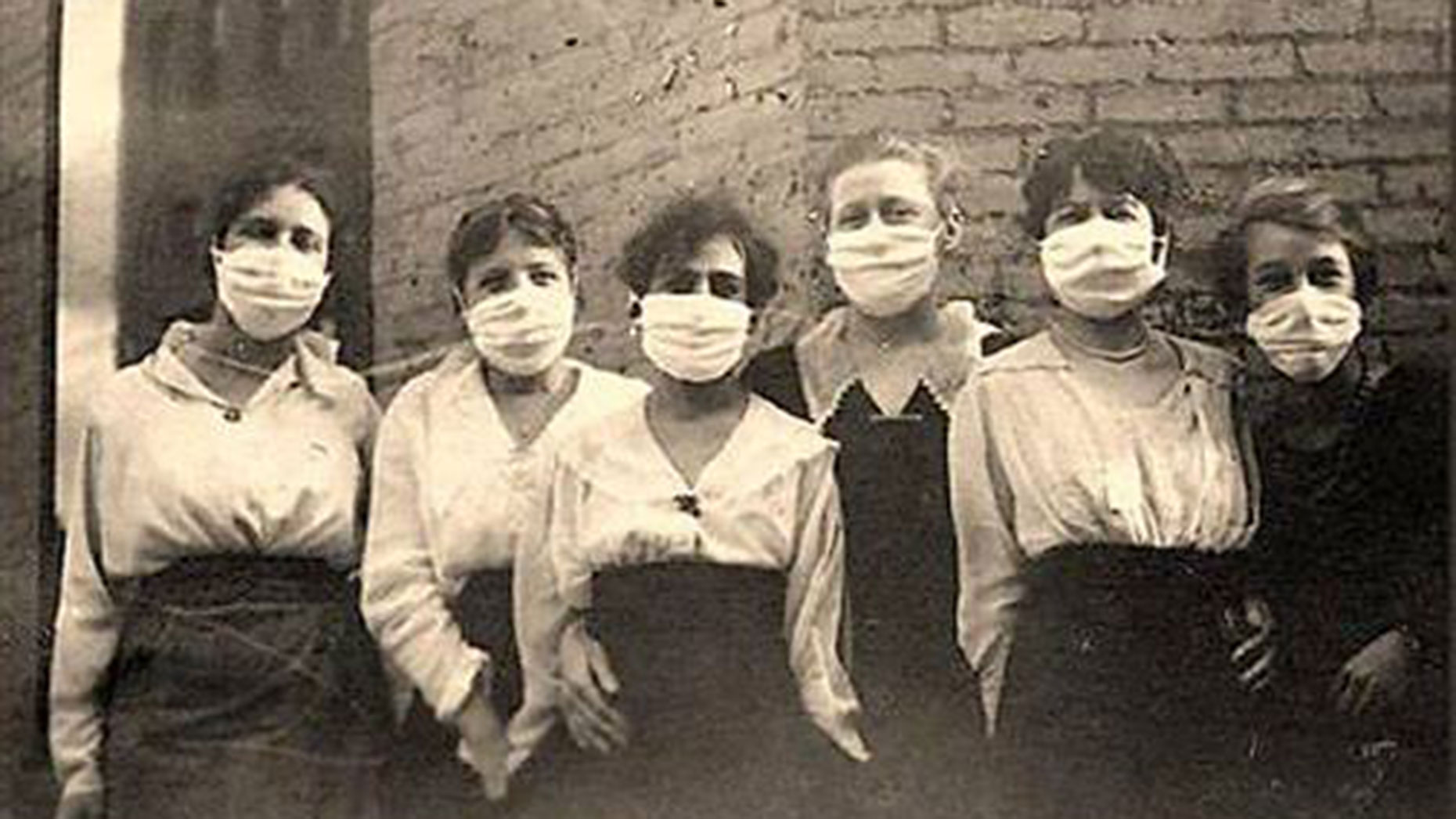One month on, much has changed. Rainbow drawings in house windows have joined closure notices in shop windows. Queues shuffle along pavements towards local food stores, and we are let in, one by one. Public health warnings continue to open with the stern message ‘Stay at Home’, and messages to family, friends and colleagues generally close with the plea ‘Stay Safe’. The weather is getting hotter, but will it bring that sense of looking ahead that is often felt with the arrival of Spring?
Just over one hundred years ago, Lincolnshire communities had to cope with the onslaught of a pandemic during both the summer and autumn months of 1918. Local newspapers were a vital source of news, updates and advice. Their reports tried to answer some of the questions that we ask today: ‘how will we be affected?’ for example, or ‘how can we look after ourselves?’
As in the present, local people were confronted with unexpected appeals. One famous manufacturer had to publish a notice to shoppers to stop buying its product: ‘those customers who have a stock of Bovril should avoid purchasing’. They should leave dwindling supplies ‘for those who have a more pressing need of it at this critical time’. The company added, perhaps tongue-in-cheek: ‘those who are deprived of the body-building powers of Bovril, may more easily fall victims to the epidemic’.
Another notice alerted Lincoln consumers to a further area of shortage, of milk: ‘there is urgent need of economy during the next four months’. ‘Young children and invalids have the first claim’, the feature declared, for the ‘demands of the latter have been increased … by the recent epidemic of influenza’. City residents were informed: ‘it is imperative that other persons should give up using milk altogether, or reduce their consumption’.
Today we also listen out for news of a cure. During the first wave of flu in the summer of 1918, prospects looked bleak: ‘the real antidote has yet to be discovered’, and the disease appeared to be ‘extremely virulent and active’. A few weeks later a report could suggest that at least the virus type had been identified. In the meantime, the local health authorities recommended common-sense and familiar measures: ‘The wisest course when attacked is to go to bed, keep warm, and take light nourishing food.’
At the same time, though, in less regulated days as ours, drug manufacturers were quick to claim the healing powers of their products. Advertisements quoted from those suffering: ‘I was taken with the Flu, shivering fits, pains in legs, hips and shoulders, also a rising temperature’. One company stated that it produced the ‘unfailing remedy for the disastrous scourge of influenza now ravaging through the world’. A competitor, by contrast, suggested that it had the ‘lighting’ cure, in the form of ‘the world’s supreme remedy’ for many ailments, including influenza.
Dr Andrew Jackson is the Head of the School of Humanities. Andrew is a historian with current research interests that include twentieth-century urban and rural change, and local and regional history. He also engages in consultancy and project work relating to community history and heritage, digitisation and e-learning. Andrew joined the staff of Bishop Grosseteste University in 2007, following ten years at the University of Exeter.







